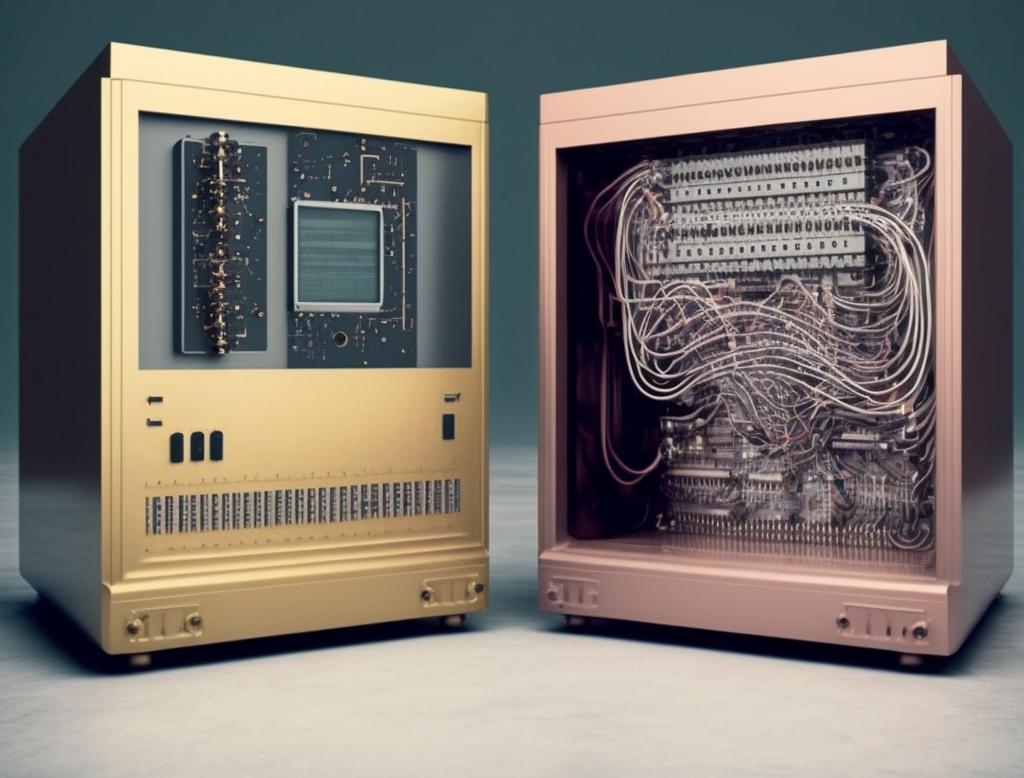Quantum computers and supercomputers are two of the most advanced and powerful computing systems in existence today. While both have the ability to perform complex calculations and solve problems that would be impossible for a traditional computer, there are some key differences between the two.
First, let’s define each term. A quantum computer is a type of computer that uses quantum-mechanical phenomena, such as superposition and entanglement, to perform operations on data. A supercomputer is a type of computer that is designed to perform extremely complex calculations at very high speeds.
One of the main differences between quantum computers and supercomputers is the way they process information. Quantum computers use quantum bits, or qubits, to store and process information. Qubits can exist in multiple states at the same time, which allows quantum computers to perform multiple calculations simultaneously. This is known as quantum parallelism.
In contrast, supercomputers use traditional bits to store and process information. They are able to perform complex calculations by using multiple processors to work on different parts of a problem at the same time. This is known as parallel processing.
Another key difference between quantum computers and supercomputers is the types of problems they are best suited to solve. Quantum computers have the potential to solve certain types of problems much faster than traditional computers, including problems involving optimization and simulation. For example, quantum computers could be used to design new drugs, optimize supply chains, or simulate the behavior of complex systems.
Supercomputers, on the other hand, are generally better at solving problems that require a lot of data processing, such as analyzing large datasets or modeling the behavior of complex systems. They are also often used for tasks such as weather forecasting, scientific research, and military simulations.
While both quantum computers and supercomputers have the potential to solve complex problems, there are also some limitations to each. Quantum computers are still in the early stages of development and are not yet able to perform many of the tasks that traditional computers can. They are also expensive to build and maintain, and require specialized expertise to operate.
Supercomputers, on the other hand, can be expensive to build and maintain, but they are generally easier to use and more widely available than quantum computers. They also tend to be more reliable and have longer lifespans than quantum computers.
Overall, quantum computers and supercomputers are both powerful tools that have the potential to solve complex problems and drive scientific and technological progress. While they have some similarities, they are also quite different and are best suited to different types of tasks.







